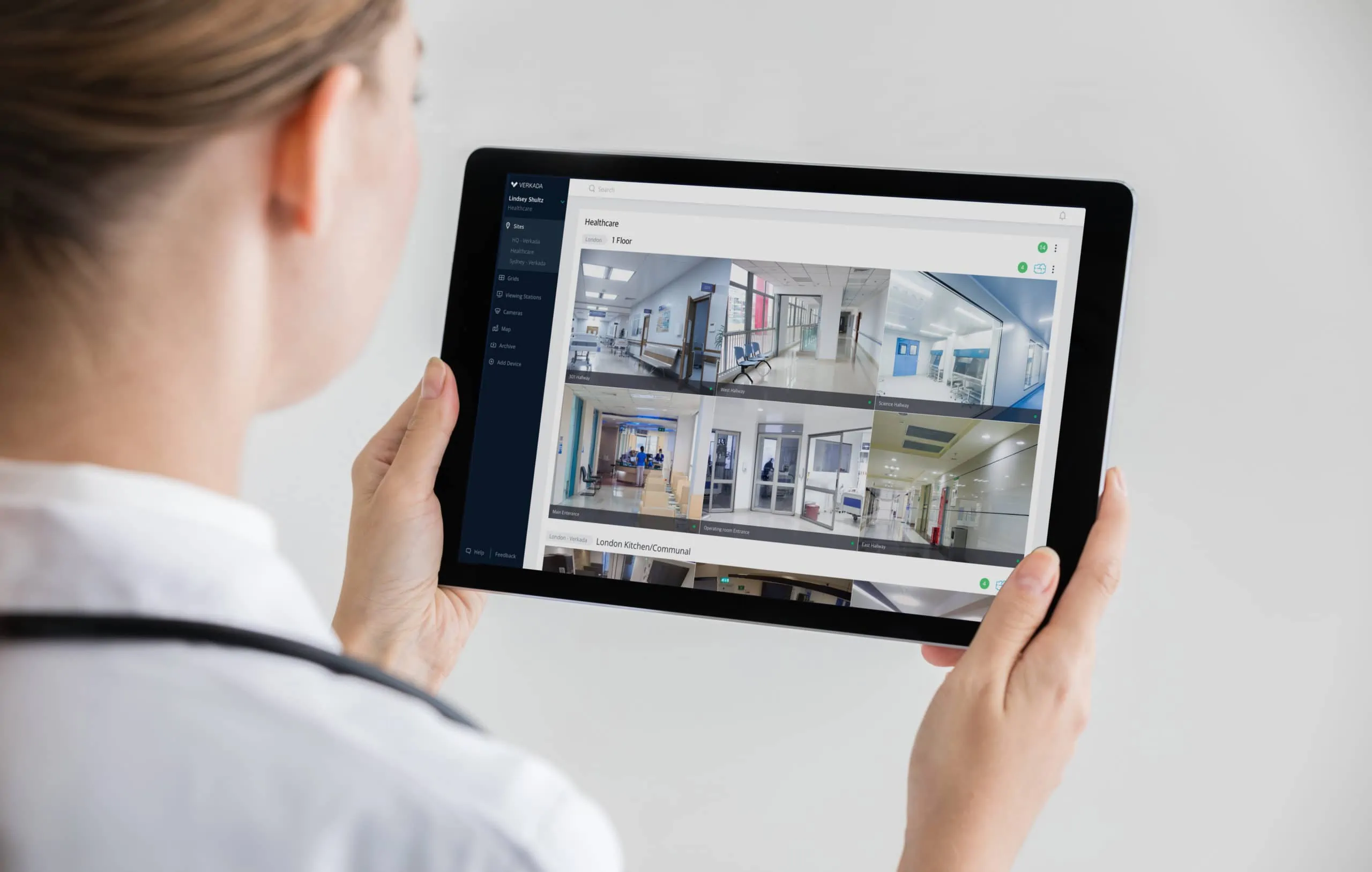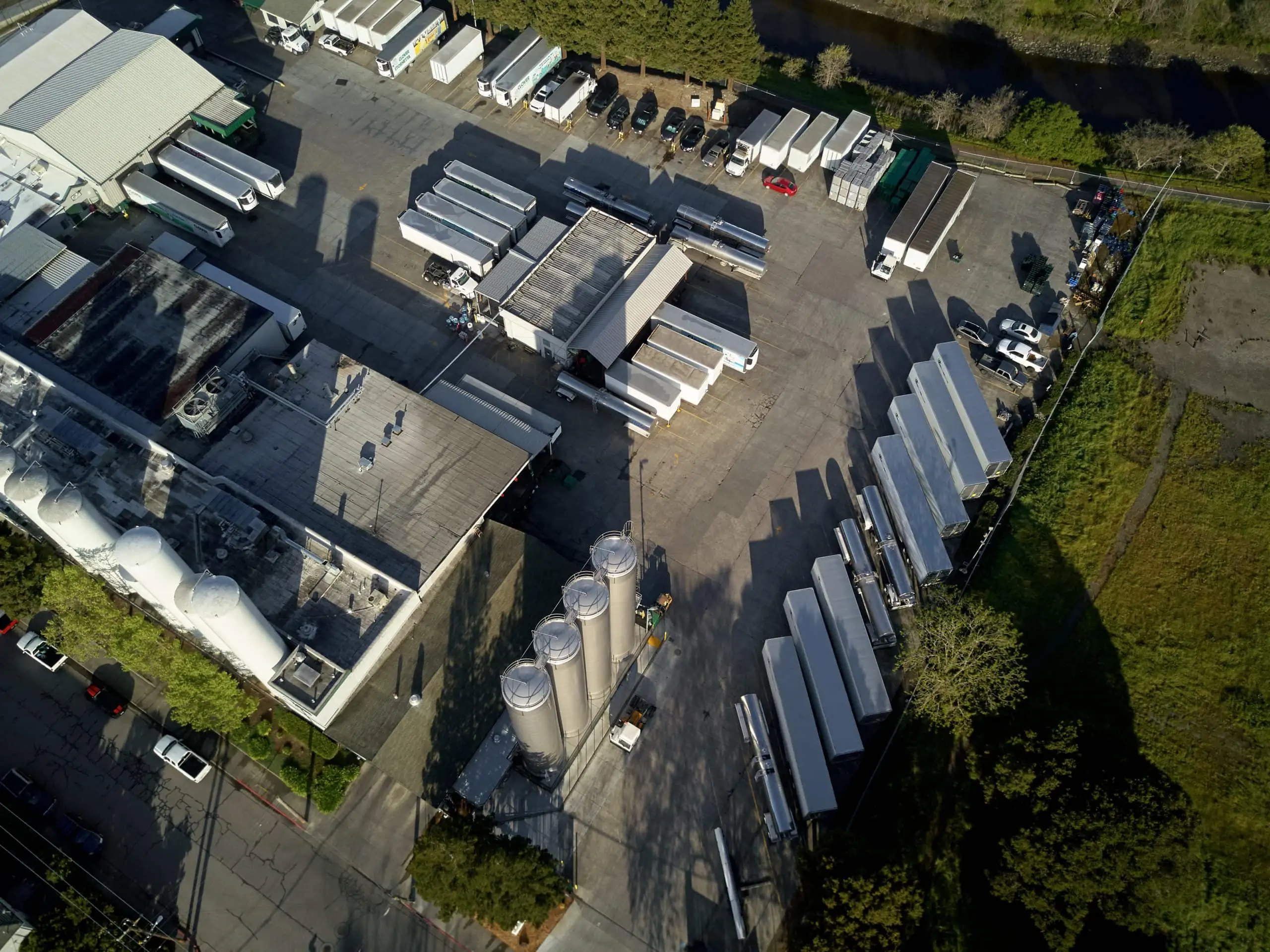Your cart is empty.

Goodbye DVR vs NVR, Hello Hybrid Cloud
There is now a security camera system that breaks free from the conformity of the classic DVR vs NVR debate. Finally, there is a third option that allows video surveillance to do so much more than capture and record footage.
This past year has provided us with some significant challenges as a human race. Record-breaking wildfires, mass civil unrest, and an ongoing global pandemic just scrape the surface of 2020. This year has altered our entire way of life, and then some.
We have been tested beyond measure these past 11 months. But humans cannot evolve without facing our challenges head-on and adapting to new circumstances. It is time to use revolutionary ideas to accommodate a new way of life.
Reliable Security in the Workplace
Due to far-reaching social distancing rules, many companies now have their employees working from home full time. But many essential businesses still operate on-site, and their need for a reliable security system is only growing.
Some benefits of outfitting the business with a security system are:
-
Protect property from theft and vandalizing using cameras and motion sensors
-
Help law enforcement identify suspects and situations
-
Improve employee accountability
-
Optimize productivity
-
Save money on insurance premiums
COVID-19 Guidelines in the Workplace
In March, the CDC published an extensive list of health guidelines for businesses operating throughout the COVID-19 pandemic. Industries such as manufacturing, education, banking, healthcare, and transportation have had to make significant adjustments to their operations to be compliant.
A few of the general guidelines include:
-
Conducting daily health checks
-
Mandating face masks for employees
-
Implementing social distancing policies
These rules can all be enforced and monitored with a reliable video surveillance system.
NVR vs DVR vs ???
It should be pretty simple to determine if your business requires a security camera system. Then once you learn about the types of systems, you can determine which system is the right fit for your business. A lot of determining factors for this decision are related to the physical infrastructure of the building(s) you are outfitting.
- Is there a security camera system already installed?
- Can a new security camera system be built upon it?
- How many areas require surveillance?
- What is the process of installing a security camera and how much manpower is needed?
- Is there a way to limit the amount of cables and hardware required for camera installation?
Depending on the answers to these questions, we then move onto the classic DVR vs NVR comparison.
All types of video cameras require a recording device to convert raw footage onto hard drives. Historically, there have been only two options for this system: a Digital Video Recorder (DVR) and a Network Video Recorder (NVR). A DVR system works with analog cameras to convert analog footage to digital format. A NVR system typically only works with digital footage on IP cameras, or wireless cameras.
DVRs and NVRs also differ in how they are set up and how they process the raw footage.
Let’s look at some contrasting features of the two systems as well as some pros and cons for each.
DVR (Digital Video Recorder):
-
Compatible with analog systems, or CCTV systems
-
Use coaxial cables to transmit video footage
-
Need AD Encoder to process raw data
-
Pros:
-
Less expensive than NVR
-
Less complex setup than NVR
-
Cons:
-
Coaxial cables don’t transmit power, so a second power source is needed
-
Audio limitations, as coaxial cables don’t support audio transmission
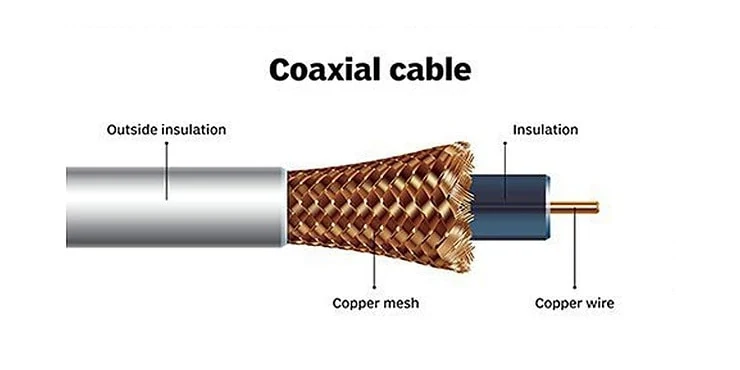
NVR (Network Video Recorder):
-
Compatible with IP cameras, which are wireless or connected with a network cable
-
Digital system used for storing and viewing footage – data is processed at the camera before being sent to recorder
-
Cameras connected to NVR use ethernet cable, no need for another power cable
-
Pros:
-
Advanced hardware on IP cameras allows image and audio recording, and potential intelligent video analytics
-
Power over Ethernet, or PoE technology allows for only one cable for power, video, and audio transmission
-
Higher storage capacity with footage uploaded to cloud-based servers
-
Video and audio recording capabilities
-
Remote accessibility
-
Cons:
-
Updating NVRs is costly
-
Opening PoE switch for remote accessibility opens the system up for security risks
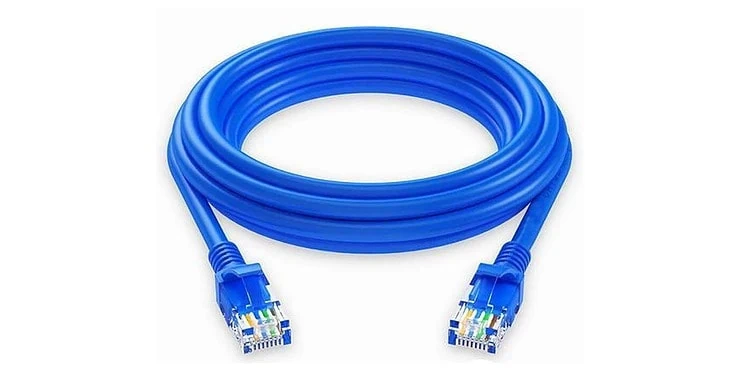
Hybrid Cloud Recording
But what if there was a third option of surveillance camera that suited business owners’ growing needs?
Instead of a DVR or NVR system, Verkada security cameras have a built-in Solid State Drive, or SSD. A SSD supports reading and writing data in a permanent state, even without power. Footage is recorded, processed, and stored all on the camera, negating the need for additional equipment or boxes.
These cameras are also powered by a single Ethernet cable, with one PoE to operate. But that only scratches the surface of how advanced this camera system is…
Verkada security cameras are created with powerful AI and machine learning capabilities. Facial and object recognition, robust analytics, and computer vision are just a few.
Other Features:
-
Access archived or live feeds on any device or browser with remote access
-
View all camera feeds on one page
-
Receive instant alerts for any meaningful event
-
Share live feed links via SMS; send to first responders in case of an emergency for dramatically reduced response time
-
License Plate Recognition capabilities
-
Overcrowding Notifications for occupancy issues
-
Scale easily with plug-and-play installation
-
Unlimited storage for archived clips
-
Powered by a single Ethernet cable and PoE to operate
-
Bandwidth friendly with high image quality at 20 kbps in steady state
-
Indoor and outdoor camera models provide flexibility for all business types
-
Automatic updates eliminate need for individual camera maintenance
More information regarding camera models and pricing can be found in our online store.
Tech Lurn recently published a list of upcoming technological trends to look out for in 2021. Accordingly, the fastest growing industries using AI are robotics, autonomous vehicles, security, and surveillance systems. Artificial Intelligence is definitely not a new concept. But merging AI and machine learning in the home or business is a huge breakthrough in the technological community.
Monarch is proud and excited to be at the forefront of this wave with Verkada video camera systems for business. NVRs and DVRs are no longer the only options for recording and processing video footage. With Verkada’s SSD format and AI capabilities, we are entering a new era of possibilities with security cameras.
Updated: Jan 3
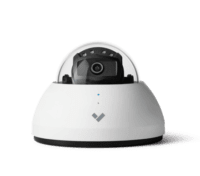
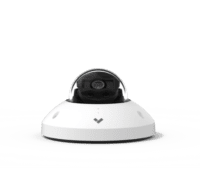
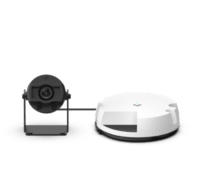
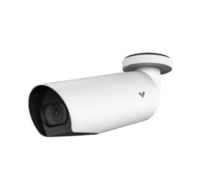
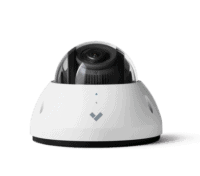
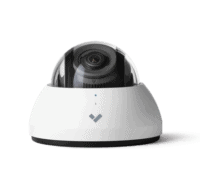
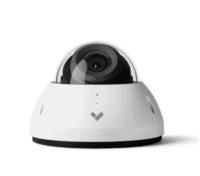
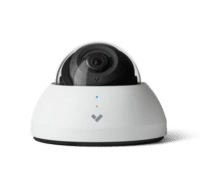
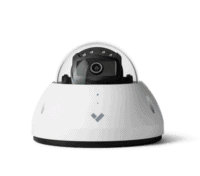

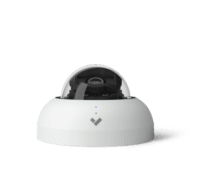
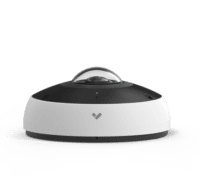
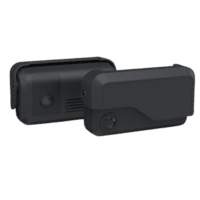
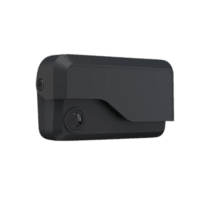
 Courtney Durler
Courtney Durler